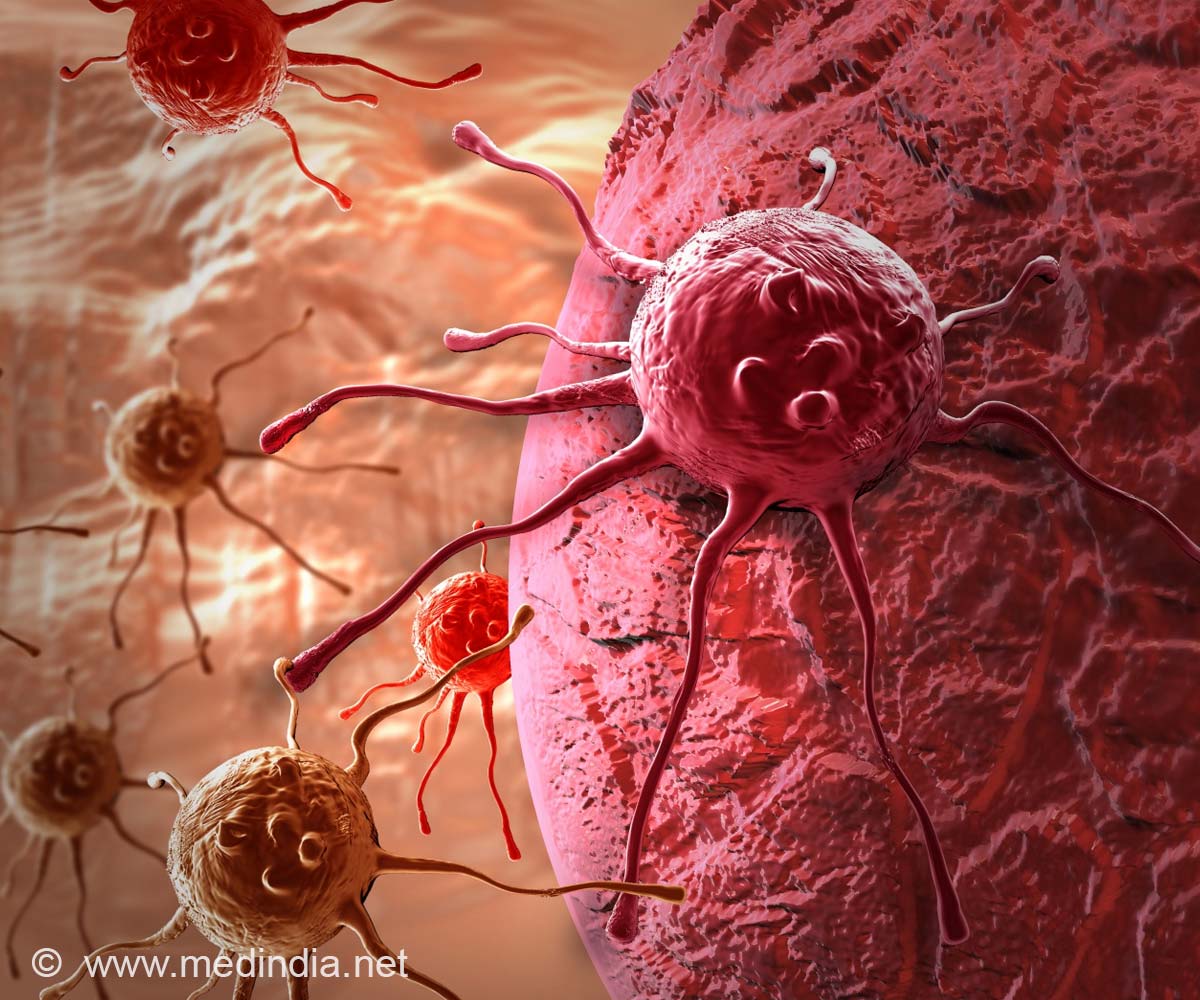Lack of instructing the cell to stop dividing is the reason behind the development of tumors. Therefore a new protein that can regulate this has been found.

Cell division plays a key role in replacing of worn out cells with new cell in the human body. After a series of reconstruction process the final lies in stopping the cell division. Lack of instructing the cell to stop dividing is the main reason behind the development of tumors.
The researchers found that the final step can be regulated by processors called microRNAs. These instruct the cell to make a protein called PLEKHA7 which, in just the right amount, stops cell division.
Generally the cancer cells do not have this protein in sufficient amount. Therefore, when the MRNA’s were injected into the cancer cells, the levels of PLEKHA7 were restored and the abnormal growth stopped. The results of the study were published in the Journal Nature Cell Biology.
“This is an unexpected finding. Normal cells touch each other and form junctions, then they shut down proliferation. If there is a way to turn that [process] back on, it would be a way to stop tumors from growing,” said Chris Bakal, a specialist at the Institute for Cancer Research in London.
"This important study solves a long-standing biological mystery, but we mustn't get ahead of ourselves. There's a long way to go before we know whether these findings, in cells grown in a laboratory, will help treat people with cancer. But it's a significant step forward in understanding how certain cells in our body know when to grow, and when to stop. Understanding these key concepts is crucial to help continue the encouraging progress against cancer we've seen in recent years. Still, any step forward in the fight against this disease will be a welcome one,” said Dr Henry Scowcroft, Cancer Research, UK.
Advertisement














